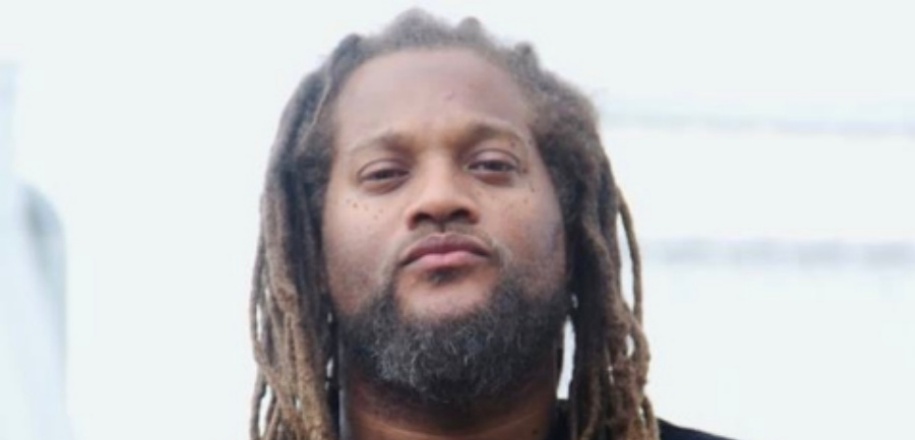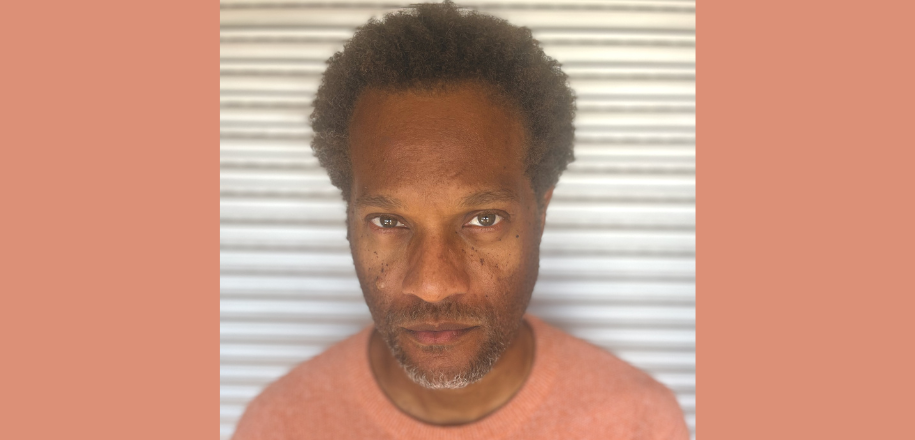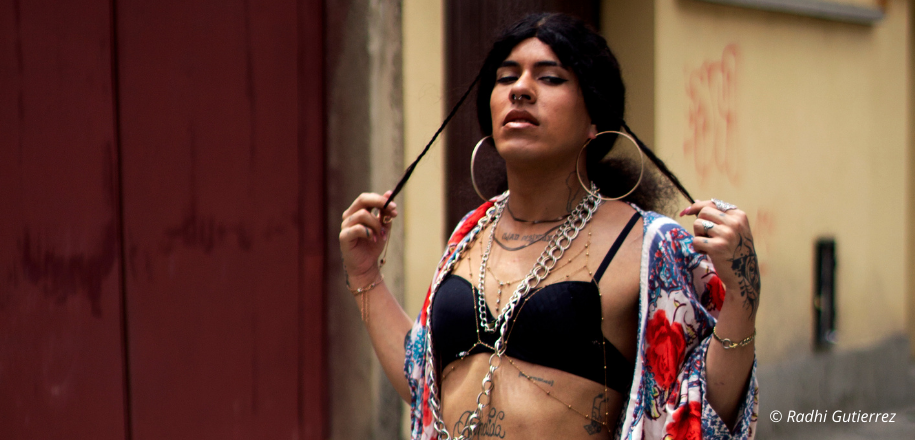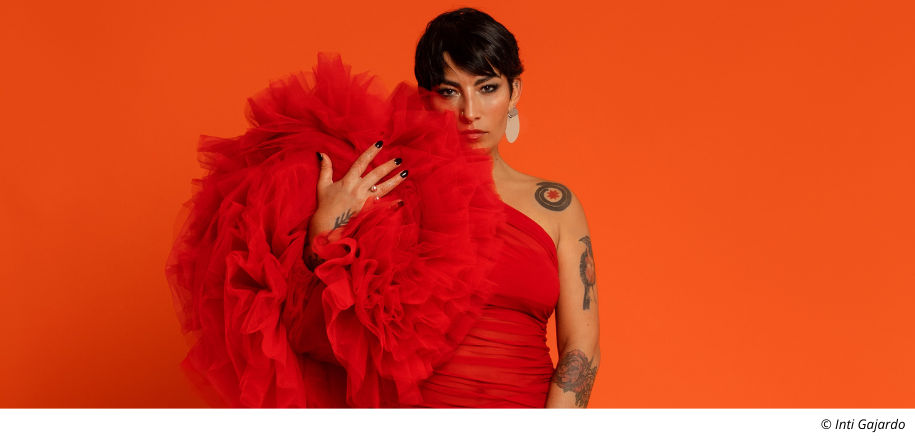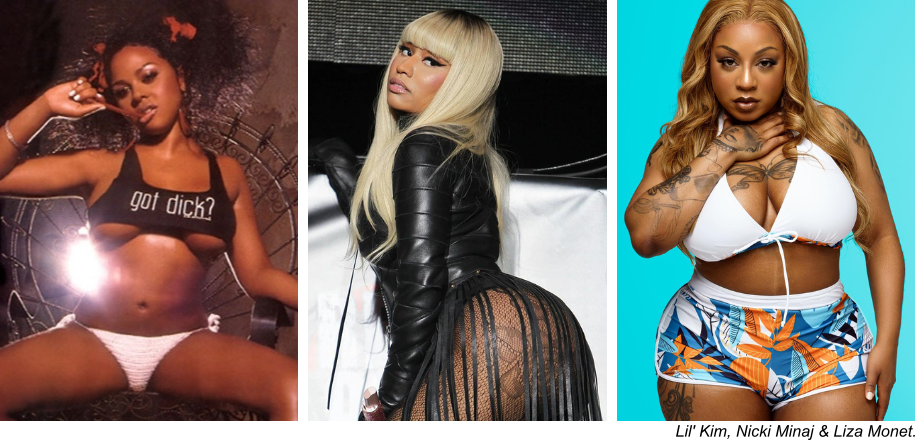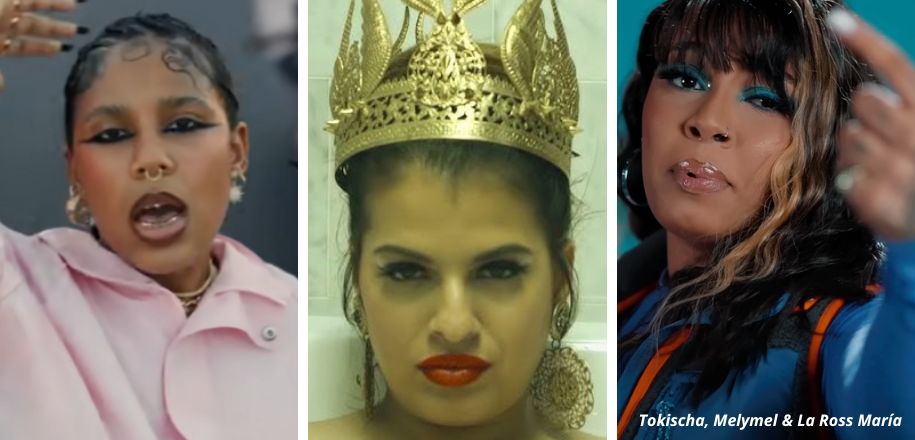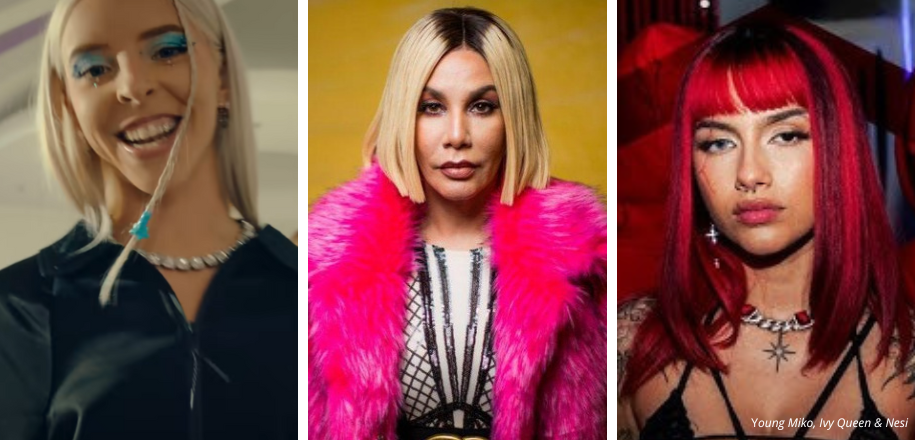When and how did you start to rap?
I started to rap at the age of 19 after an Assassin concert. It was in 1993, during their “Le futur que nous réserve-t-il ?” tour. I went to see them with my homie Djamal and we were blown away. It was Rockin’ Squat, Solo, Doctor L on drums and Dee Nasty on the decks. We thought we had to make a rap band. So we launched Kabal. We met Assassin and we really hit it off.
The next tour, we were on stage with them and they produced one of our EPs in 1996. We spent two great years by their side, which allowed us to spread nationally at a time when Internet didn’t exist. Otherwise, I liked writing essays in school so rap was a way for me to pursue my love for writing and put it into words.
Which artists did you listen to?
At the time, I listened to everything. NTM first albums, Timide & Sans Complexe, Ministère A.M.E.R., Les Little … We bought all new French rap music. As far as I can remember, I had my first thrills with Eric B & Rakim, LL Cool J, all these guys.
And women?
Very few. At the time, it was MC Lyte, Queen Latifah, Yo-Yo, and later Foxy Brown, Lil’ Kim, Missy Elliott. In France, I loved Saliha’s first single. Melaaz too, we were really proud when she was invited on Kabal’s album. Later, Princess Anies and Sté Strausz. I met Nina Miskina, who was a big crush. A real hardcore and angry girl. Casey, she’s kind of my writing sister, we know each other well and respect each other.
Your music evolved quickly and your worked on very diversified projects…
I quickly met jazz musicians. I had only been rapping for four or five years and I found myself playing with avec Marc Ducret, Hélène Labarrière or Benoît Delbecq, big names of the French jazz improv scene. I thought I had to be skillful with words, as they were with their instrument.
When Djamal and I worked on Kabal debut album, we decided to perform with live musicians. We formed this incredible team with DJ Toty, rock guitar player Skalp, afro bass player Professor K, and jazz drummer Franck Vaillant. We started to jam regularly and it opened my spectrum of possibilities.
When we toured with Assassin between 1995 and 1997, we met a lot of people and had to face their judgement. After this tour, I realized I didn’t want to be taken for a kind of ruthless warrior, who eats organic, doesn’t put his money in the bank, doesn’t buy Nike sneakers and doesn’t drink Coke. I wanted to find another truth and show I was more complex than that.
All that conditioned my work on my first solo album. I tried to confuse the listeners with humoristic, weird or loony tracks, that allowed me to go where I wanted to. Then, I worked on other projects, like La théorie du K.O. and Spoke Orkestra, that made me evolve. I always wanted to do a lot of things at the same time.
How did you start working in theater?
It happened by accident. In 1998, I met the author Mohamed Rouabhi, who made me act in a few plays. At the beginning, I was doing bit parts or musical parts. His texts were sick, it was really committed theater, even if the word “committed” is timeworn today.
I was then directed by Stéphanie Loïk and I performed with Hassane Kouyaté, who asked me one day if I had ever written theater plays. I took it like a challenge and thought it was like writing a rap song, but only longer. I wrote my first play and it was the trigger. I never stopped writing ever since. I founded my own troupe R.I.P.O.S.T.E. in 2005 and realized there was an empty space in French theater that I wanted to fill.
Today, I’m a writer, director and actor. I like to work in collaboration with other people, especially when it comes to stage directing. My shows are usually musical and I love the idea of working to transform materials.
When and how did you begin to develop a “feminist consciousness”?
I always wrote tracks about these issues. Some people are antisexist but racist, others are antiracist but homophobic… It has always bothered me. My reflection on women came from there. Besides, as a man, I thought it was the most complex topic to tackle.
Once, my mother made homophobic remarks in my home and I hauled her over the coals. For me, that’s what being committed means. Having a committed approach is a business but being committed in your everyday life with your nearest and dearest is different. Regularly, I do what I call updates, and sort out my relations. It causes frictions.
That’s what “Punchlines” is about: it’s not very brave to call yourself a “committed writer” and not to talk about vexing questions. By vexing questions, I mean questions that vex our entourage. Many male rappers think they’re revolutionaries and acerbic writers but never talk about sexism or homophobia. It is whether because there isn’t any around them, which would be surprising, or that they choose not to talk about it. In that case, it is a problem to me.
Do you consider yourself a feminist? If so, how is it perceived?
I consider myself a feminist or a pro-feminist, both are OK to me. I have feminist female friends who tell me that I can’t call myself a feminist because I am a man. But because I am a man of words, when I’m told that I can’t say something, it goes in one ear and out the other! It’s like when people tell me I don’t do rap, I don’t mind and I understand. Because my music is very special. I am a humanist, because it includes everything.
Rap is often perceived as one of the sexiest musical genres. What do you think about that?
There is sexism in rap and I fight against it, but rap isn’t more sexist than society. If people fought against sexism in politics, advertising and everywhere before criticizing hip hop, I wouldn’t wind. I know people who are on all fronts all year long and I accept their critics. They don’t put any struggle above the other. On the other hand, I can’t accept hypocritical people who say rap is the sexiest music in the world. Rap should then be cleaner than the world it comes from?! It’s a way to stigmatize working classes once again, whereas the rest of society is misogynous. I think it’s complete bullshit.
How do men react to your work?
I had crazy feedbacks on my play L’homme-femme, les mécanismes invisibles, that I created in 2015. An octogenarian who saw the show in Avignon told me this beautiful thing: ”It’s an unknown speech that I recognized”. This kind of touching feedback encouraged me to keep exploring the subject.
What are your upcoming projects?
I just released the 7-track mixtape FB (Faces B) Saturation. This project started because I wanted to spit on American instrumentals. The mixtape compiles Facebook posts that I never published or rewrote. It was fun to give a musical life to public writings and to work on this transformation. I think I will do this regularly because it feels food to go back in the studio, even if I don’t feel like making a rap album again.
I also have my project Trioskyzophony,an improvisation vocal hip hop band launched four years ago. It is a flexible collective with three different versions and we organize Microphone Clubs, where we play live and have guests.
In June, I put on my three-part theater play Fêlures (Cracks) about the feminine and the masculine.
I also launched the Laboratoires de déconstruction et revalorisation du masculin par l’art et le sensible (Laboratories of deconstruction and revaluation of the masculine through arts and senses), a task force that will identify, question and fight sexisms and the mechanisms of male domination. We will meet twice a month in Bobigny and Villetaneuse for free 2 or 3 hour sessions. Men who want to join can contact me on my Facebook page.
The project was born when I realized society put men in a place without any reflection or discussion, like a sheep-like reflex. It freaked me out. When I talked about it in my inner circle, I realized there was an area of reflection that nobody wanted to explore. I thought it was interesting and I began to work on myself.
I am a West Indian, a descendant of slaves and I live in France. I can talk about racism as a potential victim. I wondered what it would be like for me to put myself in the persecutor’s place on some issues. I immediately thought about violence against women and looked deeper into it. It was fascinating to think about which speech I wanted to build and which thoughts I wanted to bring. My work method is really about thinking, put these thoughts into words and pass them over.
What do you think about Madame Rap? What should be changed or improved?
Maybe it would be interesting to have live videos of female rappers. I think the concept is sick. Since I want to give women more visibility, especially in my Microphone Clubs, it is a goldmine and I’m very happy!
Find D’ de Kabal on YouTube.
© Photo : Alma

